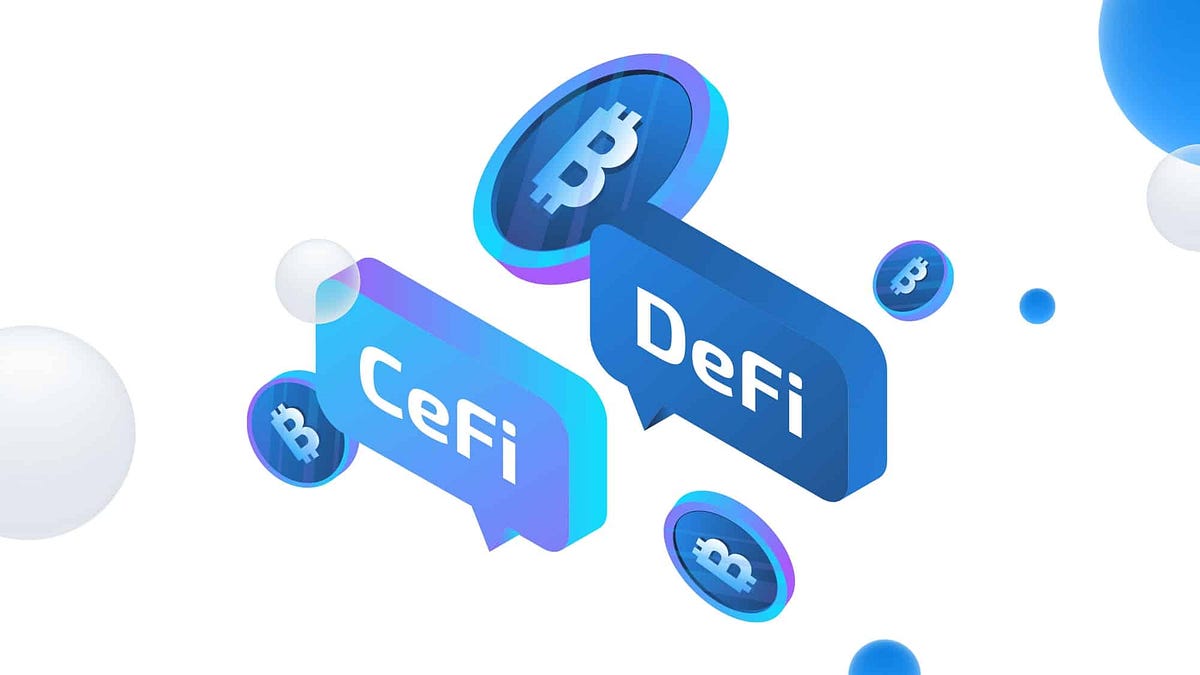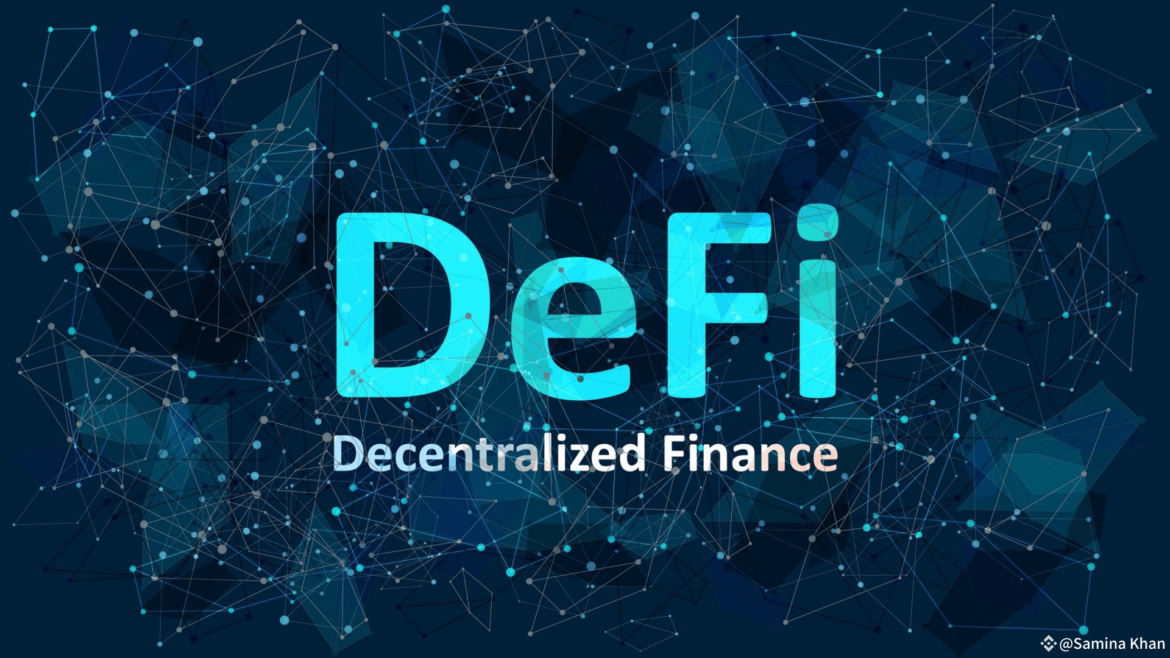DeFi’s Transformative Potential Driven by the growth of distributed finance (DeFi), the financial scene is changing significantly. By providing open, permissionless, and user-centric substitutes, this new paradigm questions the long-standing supremacy of established financial institutions. Strong believer of DeFi’s ability to transform world finance, Marcel Harmann is CEO of THORWallet DEX. According to him, crypto finance will eventually replace conventional finance—not only coexist with it. His concept is based on the conviction that DeFi can democratize access to financial services, lower dependency on centralized intermediaries, and inspire creativity all around the financial scene.
DeFi’s Prospect to Transform the Future Economy
Decentralized finance marks a change in financial service access and interaction. The inclusion of DeFi is among its most transforming qualities. About 1.7 billion people worldwide still lack even basic financial services and remain unbanked or underbanked today. Driven by Blockchain Basics , DeFi systems present a distributed architecture free from conventional banks. Harmann considers this as a paradigm change in tackling world financial disparity.

These services are also available around-the-clock without credit checks or centralized approval procedures. Consequently, a farmer in rural Africa or an entrepreneur in Southeast Asia can use the same financial instruments as someone in a large financial center. DeFi might become the pillar of worldwide financial inclusion as more people link to the internet, therefore leveling the playing field for billions.
Noncustodial wallets’ part in DeFi
The idea of financial self-sovereignty drives the DeFi ecosystem from its core. Noncustodial wallets enable consumers to keep complete control over their private keys and digital assets, therefore empowering them. Citing the basic “not your keys, not your coins” as guiding concept, Marcel Harmann stresses the need of this control in relation to distributed finance. Noncustodial wallets reduce the need for third-party trust, unlike custodial systems which retain users’ assets and keys on their behalf.
This lessens dangers including hacking, poor management, and platform closures afflicting centralized cryptocurrency systems. Users of DeFi have to be able to independently and safely engage with the ecosystem if it is to live up to expectations. Designed with this idea in mind, Harmann’s THORWallet DEX offers a safe, easy-to-use platform allowing consumers direct access to distributed services. Noncustodial wallets will probably become the standard gateway for handling digital riches in the crypto economy as knowledge of them increases.
DeFi Interoperability Linking many blockchains
It is growing abundantly evident as the DeFi ecosystem grows that a single blockchain will not form the foundation of finance going forward. Rather, it will be a multi-chain system whereby goods and services move unhindered across several networks. Achieving this ambition depends on interoperability, hence Harmann has placed THORWallet DEX to spearhead the effort. Enabling native cross-chain swaps lets consumers trade assets straight between blockchains without using centralized exchanges or wrapped tokens.
One of DeFi’s most urgent issues—liquidity fragmentation—is addressed by this evolution. Operating in silos, blockchains cause inefficiencies and more expenses for users moving assets between ecosystems. Interoperability removes these obstacles, therefore improving liquidity, efficiency, and user experience. Harmann sees DeFi’s long-term viability dependent on flawless cross-chain capability. The distributed network of finance will become more coherent as more projects adopt interoperability, therefore opening new possibilities for users and developers both.
Requirements for Control in CeFi systems
Although DeFi excels on decentralization, centralized finance (CeFi) is still somewhat important in the larger crypto scene. But particularly with regard to user fees, CeFi systems have frequently found themselves at the focus of operational and legal disputes. Harmann contends that, especially when CeFi organizations take custody of customer assets, they should be governed by the same regulatory rules as conventional banks. Maintaining confidence in the financial system and safeguarding consumers depend much on regulation.

DeFi noncustodial platforms, on the other hand, do not handle users’ money and so present a separate set of legal questions. Harmann thinks that instead of enforcing universal guidelines, authorities should concentrate on teaching consumers and building systems that support creativity while guaranteeing security. Especially in CeFi, clear legal rules might offer the framework required for ethical expansion. Concurrently, the DeFi movement keeps pushing for individual autonomy and openness, fundamental principles of its value offer.
Gamification and Education Simplify DeFi
DeFi’s complexity and technical nature make it frightening for new users even with its great promise. Harmann understands that platforms should give user education and interface simplicity top priority if DeFi is to become ubiquitous. Platforms can help to make the learning experience more interesting and less intimidating by include components including successes, incentives, and interactive training. Furthermore, instructional programs can enable people to make wise selections, therefore lowering their chance of loss via misinterpretation. Harmann wants to design a Bitcoin’s Role in DeFi experience that is fun as well as safe and useful.
Final Thoughts
The vision of Marcel Harmann presents a convincing picture of a day when distributed finance transforms the worldwide financial structure. Leading efforts to create safe, interoperable, and user-friendly platforms that reflect the basic values of DeFi—autonomy, openness, and inclusion—THORWallet DEX is DeFi is positioned to take front stage in the financial scene by tackling important issues including financial exclusion, custodial risk, blockchain silos, regulatory uncertainty, and user difficulty. Harmann’s conviction that crypto finance will replace conventional finance reflects the fast innovation and user empowerment DeFi promotes rather than merely a wild estimate.



